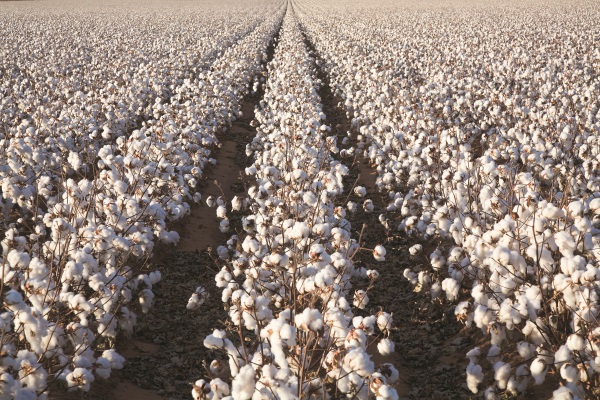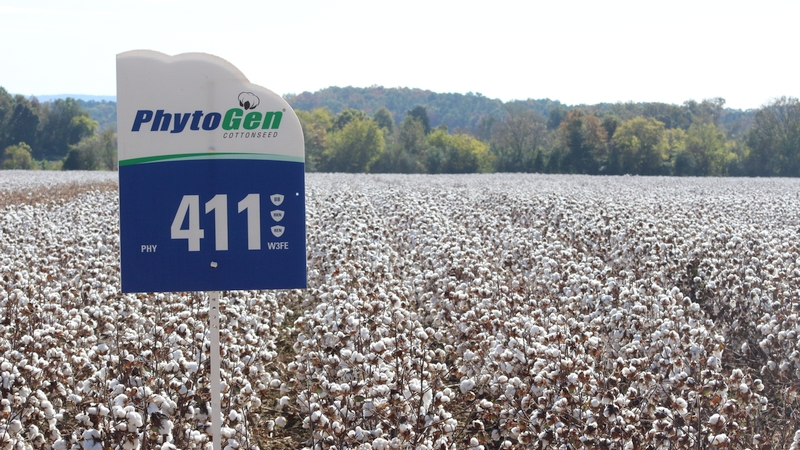Lowering Production Costs Is Job Number One
Over the last few years, Brazilian producers have been struggling to survive with cotton prices that have been deeply affected by the strength of our currency, the real, compared to the American dollar. Also, although Brazil has the highest yield of rain-fed cotton, production costs (when converted to the U.S. dollar) are very high.
This year was the beginning of a new scenario, with prices going well beyond what anyone could have predicted. Brazilian producers weren’t able to take advantage, since the crop was sold forward at prices that turned out to be half of the domestic market price. But the positive perspective for 2011, and the feeling that prices will have moved to an upper-average level of 80 cents per pound or more, have encouraged producers. It is expected that cotton area will be around 1.3 million hectares this season, an increase of 56 percent over last season. Given normal climate conditions, we are expecting 1.8 million tons to be harvested in 2011, 65% more cotton than the previous year.
Other major challenges in Brazil include the boll weevil, logistics, infrastructure, the availability of credit, and the need to reduce the cost of production. Many of these problems can only be solved with consistent government policies and investments.
The Brazilian cotton industry is committed to finding solutions that reduce production costs and make our cotton production competitive and sustainable in the future. New production systems have been introduced with cotton as a second crop (after soybeans) in conventional density or as narrow row cotton (45 cm between rows), which allows producers to profit from two crops in one year. New varieties must be developed and adapted to the different regions of the country.
In 2013/14, we expect to be able to cultivate cotton varieties in Brazil with both Roundup Ready-Flex and Bollgard II genes. This will, if the cost of the technology isn’t prohibitive, lower production costs.
Sustainability is a key issue. More than ever, it has become essential to consider environmental protection and social responsibility. This season is the first in which we will produce cotton under the Better Cotton Initiative criteria and principles.
IBA to lead the way in the future
In order to improve the competitiveness of our industry and to work on some important limitations to the sustainability and future of cotton, the Brazilian Cotton Institute (IBA) was recently created as a result of the negotiations between Brazil and the United States regarding the cotton dispute at the World Trade Organization. The most probable activities of IBA will be: pest control; demand enhancement for cotton; projects on social and environmental sustainability; technical assistance and capacity building; qualifying producers and workers at the farm level; and international cooperation with countries in Sub-Saharan Africa or in other countries as agreed by the American and Brazilian governments.
Considering the positive scenario for cotton, Brazil has enormous potential to continue to increase its cotton production and exports in the near future.









